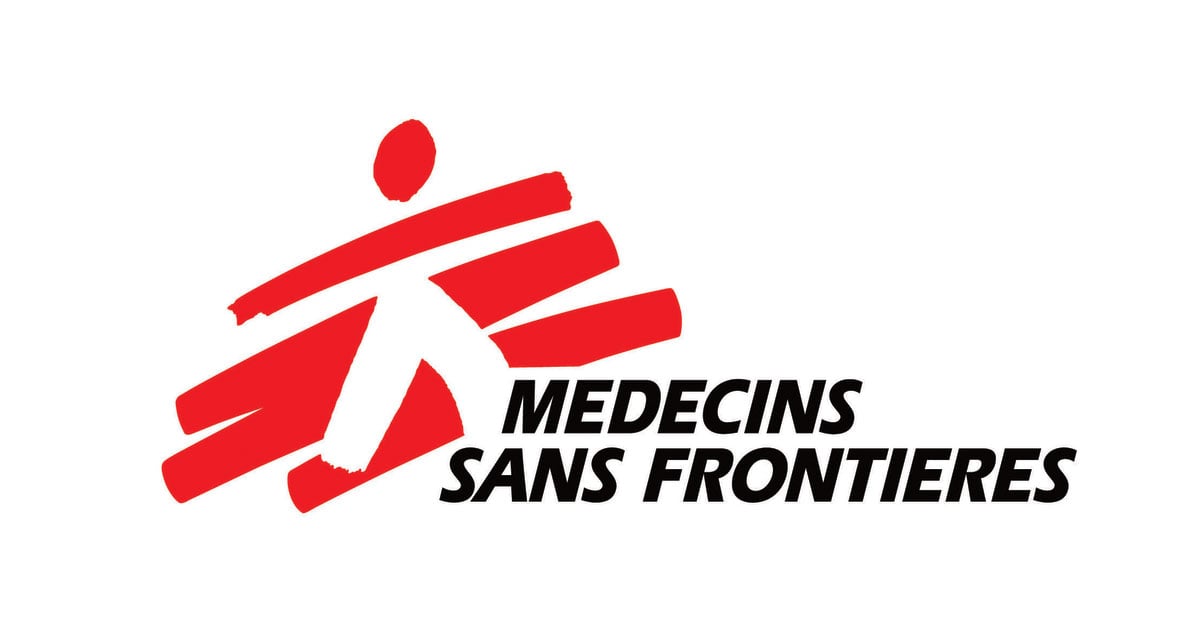This repository aims to provide a set of scripts and utilities to (hopefully) facilitate the management of clinical content using OpenConceptLab (OCL) and OpenMRS 3 Forms. The tools are designed to automate repetitive tasks across various implementers, facilities, and forms.
Here is an explanation/demo video

- OCL concept automatching:
matcher.pyautomates the process of matching OCL concepts. - XLSX to O3 form schema conversion:
converter.pyconverts XLSX files to O3 (OpenMRS 3) form JSON schemas.
- OCL Source fetcher:
fetcher.pydownload a local snapshot of an OCL source for the automatch. - Source Filter:
filter.pycreates a filtered version of the source snapshot to improve performance.
To run these scripts, you will need the following:
- Python 3.x
- Pandas library
- Openpyxl library
You can also run install the required dependencies using: pip install -r requirements.txt
To get started with the Clinical Content Management Tools, follow these steps:
- Clone the repository:
git clone https://github.com/michaelbontyes/clinical-content-tools.git - Navigate to the project directory:
cd clinical-content-tools - Install Python 3.x (if not already installed):
- For Windows: Download and install Python from the official website: https://www.python.org/downloads/
- For macOS: Install Python using Homebrew:
brew install python3 - For Linux: Use the package manager of your distribution (e.g.,
apt-get install python3for Ubuntu)
- Install pip (if not already installed):
- For Windows: pip is usually included with Python installation. If not, download get-pip.py from https://bootstrap.pypa.io/get-pip.py and run
python get-pip.py - For macOS and Linux: Use the package manager of your distribution (e.g.,
apt-get install python3-pipfor Ubuntu)
- For Windows: pip is usually included with Python installation. If not, download get-pip.py from https://bootstrap.pypa.io/get-pip.py and run
- Install the required dependencies:
pip install -r requirements.txt
sheets: A list of sheet names in the metadata Excel file that contain the concepts to be matched.OCL_URL: The base URL of the OCL server where the concepts will be matched.FUZZY_THRESHOLD: The fuzzy string matching threshold (default is 95). This value determines the minimum similarity score required for a match.METADATA_FILEPATH: The file path of the metadata Excel file containing the concepts to be matched.OUTPUT_DIR: The directory where the generated form schemas will be saved.automatch_references: A dictionary containing the details of the OCL sources to be used for matching. Each key in the dictionary represents a source name, and the corresponding value is another dictionary containing the source details.
The matcher.py script is designed to automate the process of matching OCL concepts based on the provided configuration settings. Below is a detailed explanation of the configuration parameters and their usage.
To use the matcher.py script, you need to provide two input files:
- An Excel file containing the data to be matched. Example provided:
metadata_example.xlsx - JSON files containing the reference data for matching. Examples provided in
ocl_source_snapshots:MSF_Source_Filtered_20240712_163433.jsonfor MSF Source andCIEL_Source_Filtered_20240708_153712.jsonfor CIEL Source
You can configure the destination columns where to write the suggested matches, for each OCL source provided:
source_filepath: The file path of the JSON file containing the concepts from the OCL source.suggestion_column: The name of the column in the metadata Excel file that contains the suggestions for matching concepts.external_id_column: The name of the column in the metadata Excel file that contains the external IDs of the concepts.description_column: The name of the column in the metadata Excel file that contains the descriptions of the concepts.datatype_column: The name of the column in the metadata Excel file that contains the datatypes of the concepts.dataclass_column: The name of the column in the metadata Excel file that contains the classes of the concepts.score_column: The name of the column in the metadata Excel file that contains the scores of the matching concepts.
To use the matcher.py script with the provided configuration and metadata Xlsx file, simply run the script from the command line:
python matcher.pyThe script will read the configuration from the config.json file, process the concepts, and generate the form schemas based on the matching results.
Similarly to matcher.py, use the converter.py script with the provided in the Excel file containing the form configuration metadata.
To run the script, use the following command:
python converter.pyThe script will then generate OpenMRS 3 form configurations and translation files from the data in the Excel file, and store them in the folder generated_form_schemas. Then you can copy-paste them directly into OpenMRS Initializer folder or Form Builder UI.
Contributions to the Clinical Content Management Tools project are welcome! If you have any suggestions, improvements, or bug fixes, please feel free to open an issue or submit a pull request.
The Clinical Content Management Tools project is made possible thanks to OpenConceptLab and OpenMRS communities. Special thanks to the contributors who have contributed to the development of these tools.
For any questions, please contact Michael Bontyes or reach out to the OpenConceptLab Squad and OpenMRS community.
This project is licensed under the MIT License. See the LICENSE file for more information.



